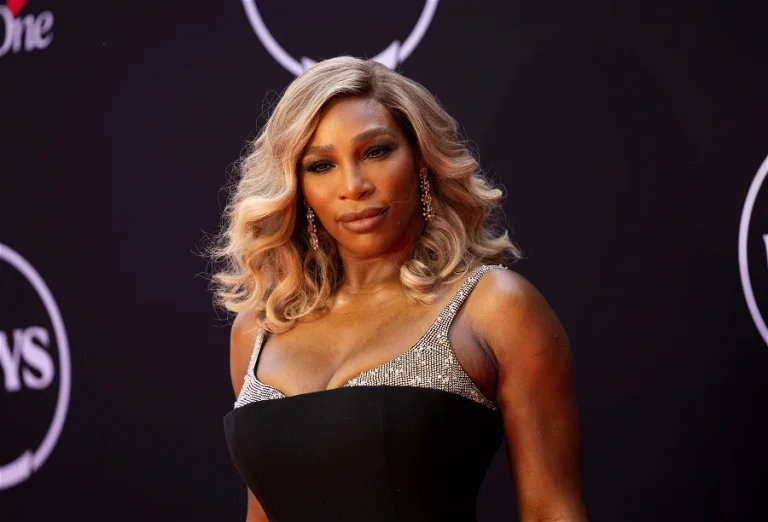Hollywood’s Dolby Theater might have been glittering with star power on July 11th, but it was host Serena Williams who threw the first curveball. Her opening monologue landed a punchline on Shohei Ohtani, the Los Angeles Dodgers’ phenom, who’d recently fallen victim to a $16 million theft by his ex-interpreter. To quote her exact words—“Male athletes get paid SO MUCH more than female athletes, they don’t even notice losing SIXTEEN MILLIONNN DOLLARS,” the tennis legend quipped, drawing both gasps and laughter.
For the subject of the satire, Ohtani, the night was a bittersweet symphony. He might have won the Best MLB Player award—yet, lurking beneath this triumph was the betrayal of trust and a staggering financial loss. The irony was palpable: celebrated for his athletic prowess, victimized by a close confidant.
Ippei Mizuhara, Shohei Ohtani’s former interpreter and trusted companion, now stands accused of orchestrating this grand larceny. Federal prosecutors allege Mizuhara, drowning in gambling debts, siphoned the funds from the baseballer’s account through deceitful means. A story of friendship turned sour, Mizuhara’s alleged actions cast a shadow over his long-time friend’s achievements, underscoring the vulnerabilities even the most successful athletes face. Besides the basepaths and buzzes of betrayal, though, lies Serena’s rallying cry, a powerful message that goes deeper than just the joke.
Williams’ roast, though delivered with comedic flair, served as a stark reminder of the persistent gender pay gap in professional sports. Ohtani’s misfortune became a parable for a larger issue. “Believe me—I would’ve noticed,” she asserted, highlighting the financial disparities female athletes often grapple with. Her words resonated with the audience as they were heard reacting with a medley of loud cheers and gasps, sparking conversations about equity and fairness in a male-dominated industry. However, beyond the controversy, the ESPYs showcased the year’s athletic excellence.
As a testament to Serena’s speech, the ESPY stage turned out to be a celebration of women’s achievements in sports. A’ja Wilson’s double victory as both the Best WNBA Player and Best Athlete, in Women’s Sports, along with Caitlin Clark’s win for Best College Athlete, Women’s Sports, and Best Record-Breaking Performance as NCAA All-time Leader, with Simone Biles’ triumphant return as Best Comeback Athlete, underscored the growing recognition and appreciation for women’s athleticism.
The South Carolina Women’s Basketball team’s win for Best Team further cemented the dominance and skill displayed by female athletes across various sports. This collective success painted a vibrant picture of empowerment, proving that women are not only breaking barriers but also redefining excellence in their respective fields. Beyond the controversy, the ESPYs showcased the year’s athletic excellence. Patrick Mahomes, the Kansas City Chiefs’ quarterback, clinched both the Best NFL Player and the Best Athlete, Men’s Sports awards, while Luka Doncic shone in his basketball domain as the Best NBA Player. The night celebrated triumphs but also underscored the challenges athletes face off the field.
As the dust settles, both Serena Williams and Shohei Ohtani will continue to shape their legacies—one joke, one hit at a time—Ohtani, on the field, and Williams, as a voice for change. The 2024 ESPYs will be remembered not just for their award winners but also for the conversations they sparked, the issues they raised, and the resilience they showcased. The game, in all its forms, goes on.

